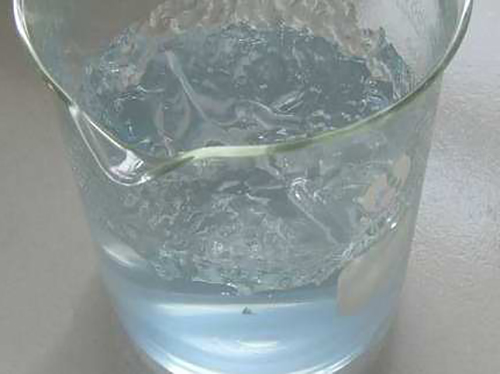Exploring the Diverse Applications and Benefits of Polycarboxylic Acids in Industry and Everyday Life
Polycarboxylic acids are a versatile class of organic compounds characterized by the presence of multiple carboxylic acid functional groups (-COOH) in their molecular structures. These compounds have gained significant attention in various fields, including pharmaceuticals, agriculture, and materials science, due to their unique chemical properties and reactivity.
One of the primary uses of polycarboxylic acids is in the manufacturing of polymers and resins. For instance, citric acid, a common polycarboxylic acid, is often utilized as a precursor in the production of biodegradable plastics. Citric acid-based polymers are particularly appealing due to their environmental compatibility and potential for reducing plastic waste. Additionally, polyacrylate and polymethacrylate materials, derived from polycarboxylic acids, are widely employed in coatings, adhesives, and sealants due to their excellent adhesion properties, water resistance, and mechanical strength.
.
Polycarboxylic acids also play a crucial role in the pharmaceutical industry. Their multifunctional nature allows them to be utilized in the synthesis of various drug formulations, including anti-inflammatory and analgesic medications. For example, polyacrylic acid is employed in drug delivery systems, providing controlled release mechanisms that enhance the therapeutic efficacy of drugs while minimizing side effects. Additionally, certain polycarboxylic acids have shown promise in enhancing the solubility of poorly soluble drugs, facilitating better absorption and bioavailability.
polycarboxylic acid uses

Another significant application of polycarboxylic acids is in the realm of surfactants and detergents. Their amphiphilic nature, characterized by a hydrophilic carboxylic acid group and a hydrophobic hydrocarbon chain, makes them effective surface-active agents. This property allows them to lower the surface tension of water, making them ideal for use in cleaning products, emulsifiers, and dispersants. Polycarboxylic acid-based surfactants are specifically designed to be less harmful to the environment, aligning with the increasing demand for eco-friendly cleaning solutions.
Moreover, polycarboxylic acids are essential in the production of concrete and other construction materials. For instance, superplasticizers, which are often polycarboxylate ethers, are used in concrete formulations to enhance workability without compromising strength. These additives reduce the water-cement ratio, leading to improved durability and resistance to environmental factors. The incorporation of polycarboxylic acids in construction materials not only contributes to structural integrity but also supports sustainable building practices through resource-efficient formulations.
In conclusion, the diverse applications of polycarboxylic acids span across multiple industries, highlighting their importance in modern technology and environmental sustainability. From enhancing agricultural productivity to improving drug formulation and developing eco-friendly materials, polycarboxylic acids are integral to many aspects of daily life. As research continues to unveil new potential uses and benefits, these compounds will undoubtedly play a crucial role in shaping future innovations and advancing sustainability efforts worldwide.
-
Understanding Polycarboxylic Acids: Properties, Applications, and Future PotentialNewsJul.28,2025
-
Scale Inhibitor Explained: How to Protect Your System from Limescale and Hard Water DamageNewsJul.28,2025
-
Scale and Corrosion Inhibitors: Essential Chemicals for Industrial Water System ProtectionNewsJul.28,2025
-
Polyaspartic Acid: A Biodegradable Polymer for Sustainable ChemistryNewsJul.28,2025
-
Isothiazolinones: A Versatile Antimicrobial Class with Industrial Power and Regulatory ChallengesNewsJul.28,2025
-
A Deep Dive into 2-Phosphonobutane-1,2,4-Tricarboxylic Acid (PBTC)NewsJul.28,2025





